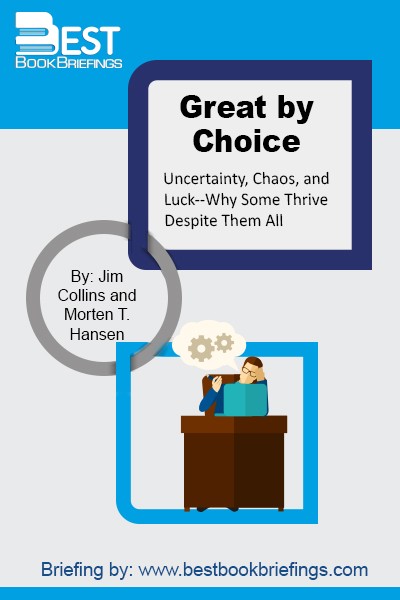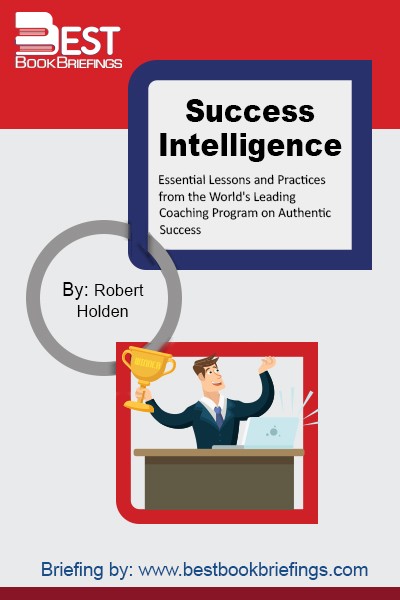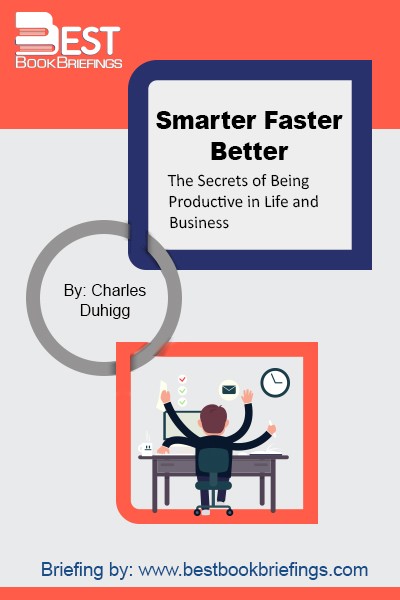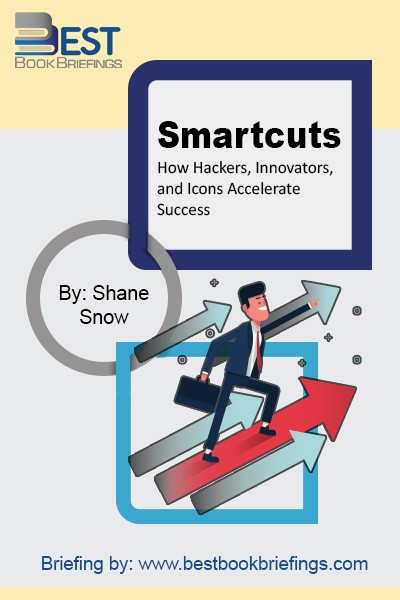Smartcuts
How Hackers, Innovators, and Icons Accelerate Success
Editorial Review
Entrepreneur and journalist Shane Snow (Wired, Fast Company,The New Yorker, and cofounder of Contently) analyzes the lives of people and companies that do incredible things in implausibly short time. How do some startups go from zero to billions in mere months? How did Alexander the Great, YouTube tycoon Michelle Phan, and Tonight Show host Jimmy Fallon climb to the top in less time than it takes most of us to get a promotion? What do high-growth businesses, world-class heart surgeons, and underdog marketers do in common to beat the norm? One way or another, they do it like computer hackers. They employ what psychologists call lateral thinking: to rethink convention and break rules that aren't rules. These are not shortcuts, which produce often dubious short-term gains, but ethical smartcuts that eliminate unnecessary effort and yield sustainable momentum. In Smartcuts, Snow shatters common wisdom about success, revealing how conventions like paying dues prevent progress, why kids shouldn't learn times tables, and how, paradoxically, it's easier to build a huge business than a small one.
Book Reviews
Books on Related Topics

The new question: Ten years after the worldwide bestseller Good to Great, Jim Collins returns to ask: Why do some companies thrive in uncertainty, even chaos, and others do not? In Great by Choice, Collins and his colleague, Morten T. Hansen, enumerate the principles for building a truly great enterprise in

There are so many apparently intelligent people chasing success in the most foolhardy manner. They are manic, hyper and busy to the point of distraction. They might have gotten A’s for effort, but not for intelligence. We live in a “Success Culture”. Many people pursue success as a primary goal in

As the pace of change accelerates and the volume of information explodes, we're under great pressure to connect just in time with the people and ideas we need to thrive. But we can no longer plan our way to success—there will always be factors beyond our control. This uncertainty, however, cultivates

Productivity isn’t about working more or sweating harder. It’s not simply a product of spending longer hours at your desk or making bigger sacrifices. Rather, productivity is about making certain choices in certain ways. The way we choose to see ourselves and frame daily decisions; the stories we tell ourselves, and



